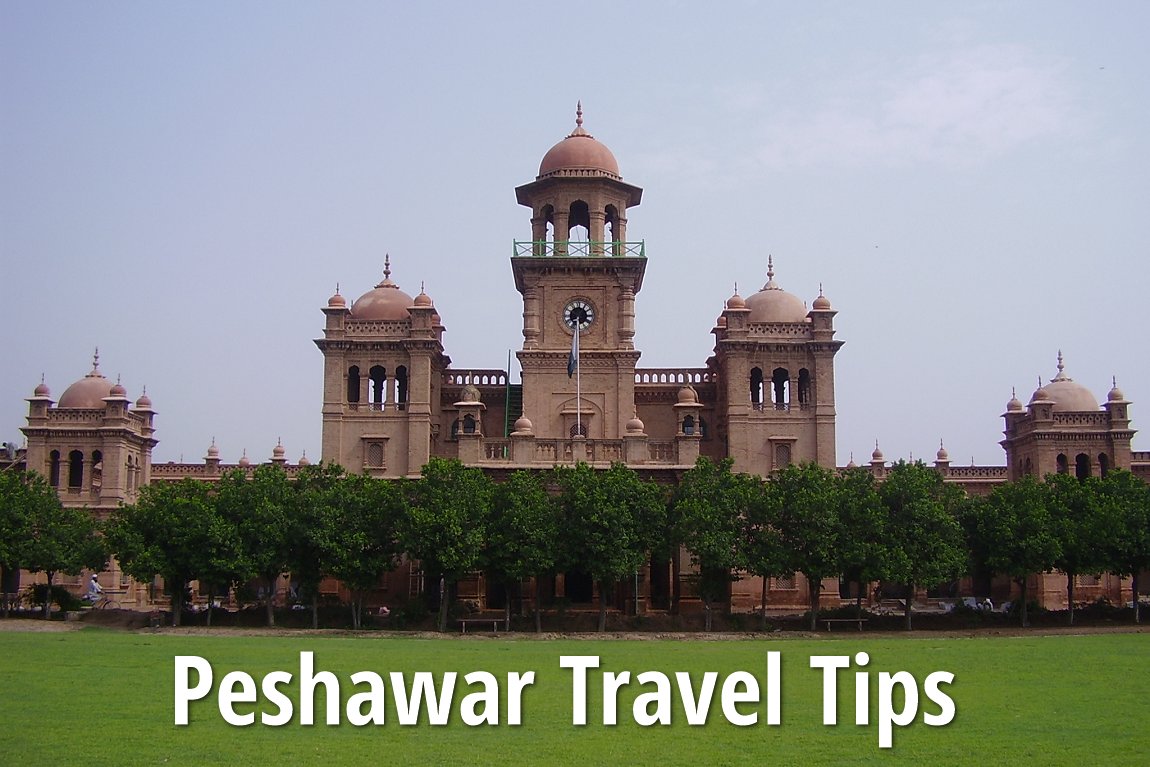 Islamia College, Peshawar University, Peshawar, Pakistan | Peshawar
Islamia College, Peshawar University, Peshawar, Pakistan | PeshawarSource: https://commons.wikimedia.org/wiki/File:
Islamia_College_Peshawar_University.JPG
Author: Khalid Mahmood

Islamia_College_Peshawar_University.JPG
Author: Khalid Mahmood

Peshawar (Urdu: پشاور, Pashto: پېښور, Hindko: پيشور) is the provincial capital of Khyber Pakhtunkhwa in northern Pakistan. Covering 1,257 sq km (485 sq mi), it has a population of 3.6 million people. Due to its geographic location near the eastern endnof the Khyber Pass, it has received an influx of refugees from Afghanistan, making it one of the most ethnically diverse cities in the country.
Peshawar is recognized as one of the oldest living cities in Asia. It has been a center of learning since the 2nd century BC. The earliest known settlement to have been documented here was Purushapura, established over two thousand years ago. The city was under the empire of Gandhara from the 2nd century AD until around the 8th, when it converted to Islam after being annexed into the Arab empire.
Peshawar was ruled by the Afghans in the 16th century and later the same century made part of the Mughal empire. The Maratha Empire captured the city in 1758, ruling it only until 1759, when it returned to Afghan suzerainty until 1834, when it came under the Sikh Empire. Then it became part of the British Empire following the Second Anglo-Sikh War of 1849.
The long city and various rulers over it have given Peshawar a diverse character. Visitors will delight in its heritage, from its bazaars to its colonial buildings.
Visiting Peshawar
Many Western governments warn against traveling to Peshawar due to ethnic volatility and presence of Taliban militancy. The city is connected by flight to major cities in Pakistan as well as neighbouring countries.. A train journey from Karachi takes 36 hours.Places of Interest in Peshawar
- Ali Mardan Khan Gardens
- Bala Hisar Fort
- Burj-e-Roshnai
- Chowk Yadgar
- Cunningham Clock Tower
- Ganj Ali Khan Mosque
- Gor Khatri archaeological excavation
- Governor's House
- Islamia College, Peshawar University
- Karkhano Market
- Kotla Mohsin Khan
- Mattani
- Mohabbat Khan Mosque
- Qissa Khawani Bazaar
- Sethi Mohallah historic neighborhood
- Speen Jumat
- Sunehri Mosque
- Wazir Bagh
 Latest updates on Penang Travel Tips
Latest updates on Penang Travel Tips
 Map of Roads in Penang
Map of Roads in Penang
Looking for information on Penang? Use this Map of Roads in Penang to zoom in on information about Penang, brought to you road by road.
Copyright © 2003-2025 Timothy Tye. All Rights Reserved.

 Go Back
Go Back